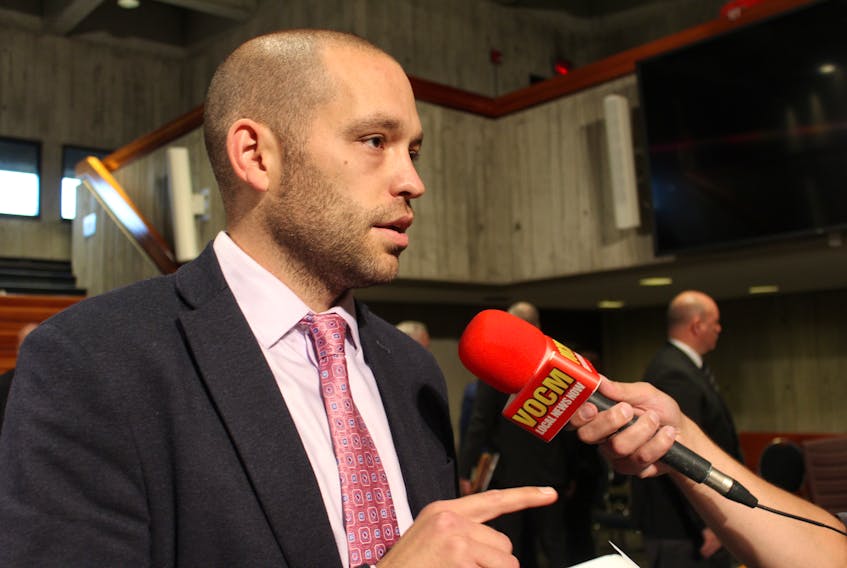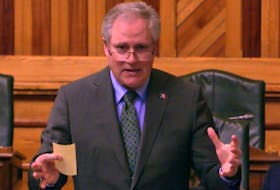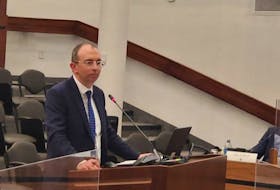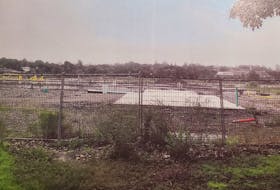At St. John’s city council’s Wednesday committee of the whole meeting, councillors unanimously voted to apply for funding that could help people across the province make energy-efficient upgrades to their homes, such as installing heat pumps.
The city will partner with NetZero, the Newfoundland and Labrador Environmental Industry Association and Newfoundland Power, with support from the provincial government, to apply to the Community Efficiency Financing initiative by the Federation of Canadian Municipalities (FCM) Green Municipal Fund (GMF).
If approved, the GMF would fund up to $10 million, and a study would be done on how to best allocate the funds to residents wanting to complete retrofits on their homes, such as through on-bill financing or direct financing through financial institutions.
People could possibly be approved for low-interest loans, loan guarantees or grants in order to complete the upgrades.
A lead municipal partner was required to apply to the program, which is why St. John’s is taking charge, but other municipalities will be invited to participate.
A final vote of approval to move ahead with this is required at the next regular meeting of council on Aug. 31.
Coun. Ian Froude called the funds a significant opportunity.
“What it could do is provide significant financing for energy efficiency retrofits, for example, and assist with improving affordability, household stress, lower greenhouse gas emissions and improved community resilience.”
Froude said roughly 15 per cent of greenhouse gas emissions in St. John’s come from homes. He said energy efficiency financing is one of the actions the city can work on to address climate change.
Future climate projections
Froude also presented information to council Wednesday about the newly released St. John’s Climate Profile.
The profile details climate trends that will affect the capital city in the coming decades.
Froude pointed out the projection that the average annual temperature is expected to rise from the current 5.1 degrees C to 7.7 C by the 2050s.
“I just want to put that timeline in context — that’s 30 years from now, which can feel like a long ways away, but my kid will be 34, which is my age, at that time,” said Froude.
“And that will go by, from what my parents say, in the blink of an eye. And some of these changes may look nominal, but a two-degree change in climate is extremely substantial, (and) has impacts on our culture, snow amounts and type.
“Storms are expected to become more extreme — less snow, more freezing rain and rain in the wintertime. It’s hard enough now to keep our streets and sidewalks clean with our changing, very messy winters — it’s only going to get messier.
“And by 2100, sea level rise of 75 cm to 100 cm, which is substantial. So, what this is — the purpose of this profile… is to give us as council, and staff, and as a community a sense of the changes coming so that we can adapt infrastructure, prepare for those changes, and act accordingly to try and reduce those because they will have impacts on how city services are delivered, and how the community operates.”
Further details about the climate profile were previously reported by The Telegram on Monday, and the report is available in full online at stjohns.ca.
@juanitamercer_









